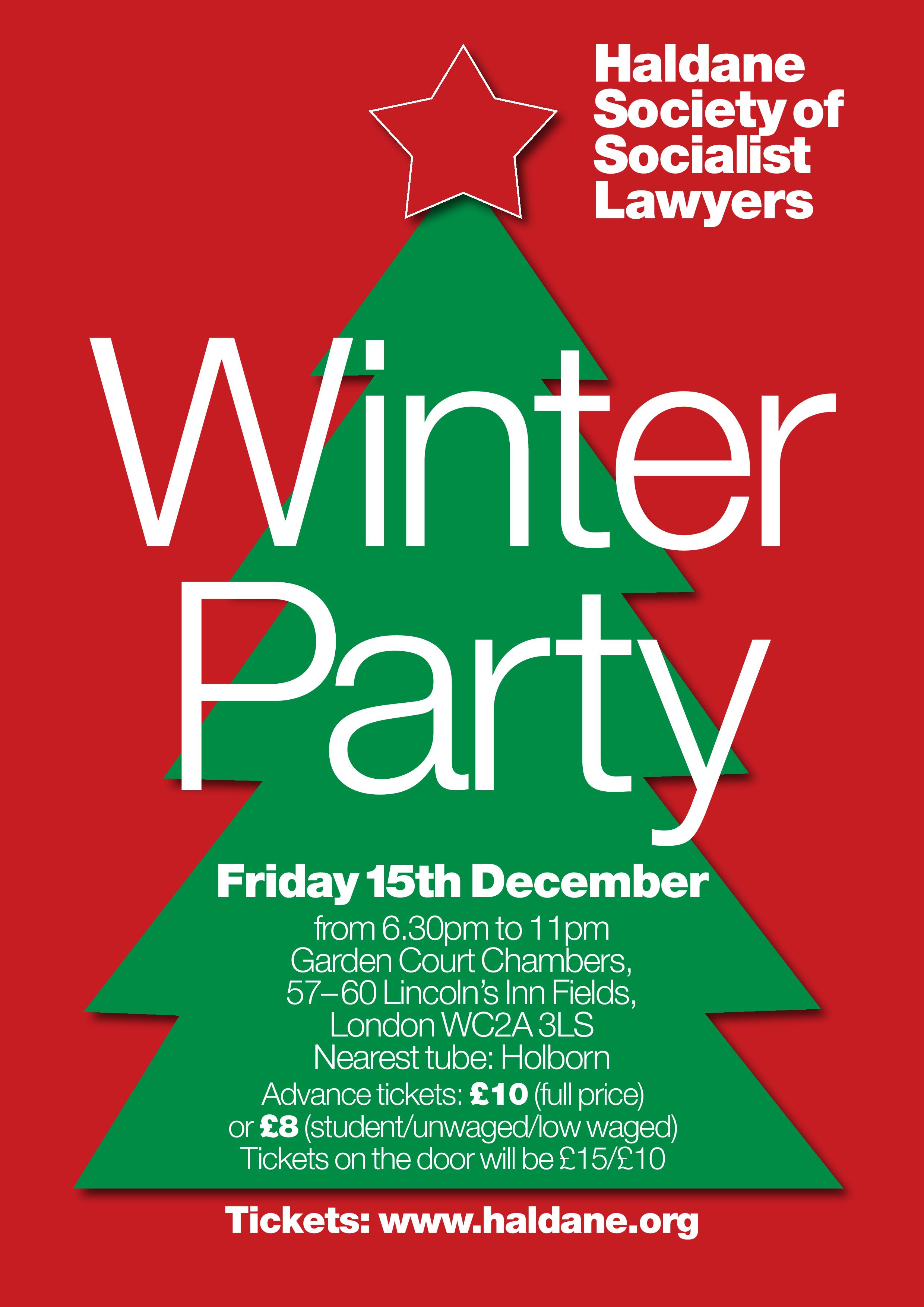Please copy the text below into the subject box:
Legal Aid, Judicial Review, and the need for a Scottish Public Inquiry
Please copy the text below into the message box, and click submit:
Dear Mr. Matheson,
On the 14th September 2017 the Court of Session in Edinburgh agreed that permission should be granted for a judicial review in the case of Tilly Gifford v 1) UK Government and 2) Scottish Government.
The full hearing, potentially due later this year, is to determine whether the UK Government acted unlawfully in refusing to extend the terms of reference of the Undercover Policing Inquiry (UCPI) north of the border. As you are no doubt aware, the hearing will also consider the legality of the Scottish Government’s decision to refuse to set up an undercover public inquiry of its own.
Undercover Policing Inquiry (UCPI)
You will be aware that in March 2015, Theresa May, the then-Home Secretary, announced her intention to set up a public inquiry into undercover policing. That announcement followed major concerns that officers – as early as 1968 – had spied on political campaigners and had stolen the identities of dead children to create false identities. The officers of the ‘National Public Order Intelligence Unit (NPOIU) and the Metropolitan Police’s ‘Special Demonstration Squad’ (SDS), had deceived women into forming long-term intimate relationships and had fathered children, they had befriended grieving families seeking justice – including the parents of Stephen Lawrence - spied on trade unionists and acted as agents provocateur.
It is now widely acknowledged that during the G8 Summit at Gleneagles in 2005, the Metropolitan Police sent numerous undercover officers into Scotland to spy on activists. Amongst them was Mark Kennedy who had between 2003 and 2010 infiltrated numerous campaign groups and had formed intimate relationships with women. These relationships were furthered with a considerable number of visits to Scotland. Undercover officer Carlo ‘Neri’ targeted a woman known publicly as ‘Andrea’, and had been welcomed into her Scottish family.
The Metropolitan Police have conceded that ‘relationships like these should never have happened. They were wrong and were a gross violation of personal dignity and integrity… these relationships were a violation of the women’s human rights, an abuse of police power and caused significant trauma’.
As you are aware, Tilly Gifford, a social justice campaigner based in Scotland, is bringing the Judicial Review. She was also targeted. In 2009 officers had attempted to recruit her as an informant. In return for cash Ms Gifford was asked to spy on her friends, betray her beliefs and the communities in Scotland she had been campaigning and supporting. She was threatened with prison if she did not co-operate. Ms Gifford recorded these exchanges and they later appeared in ‘the Guardian’ newspaper. The identities of those undercover officers have never been established, and it remains unclear who or why a decision was made to target Ms Gifford.
As is the case for many activists who may have been spied upon in Scotland, the answers to these questions fall outside the remit of the UCPI because it is limited to England and Wales.
Legal Aid, the Scottish Legal Aid Board (SLAB) and Independence.
SLAB initially rejected a claim for legal aid claiming the case had ‘no merits.’ After the decision of the Court of Session to accept that the case should proceed to a full Judicial Review hearing, SLAB claimed that the case must show a ‘good probability’ of success. As I am sure you are aware this is the wrong applied test. The case requires a ‘probability’ of success.
This decision appears to be running counter to access to justice. This case raises important administrative, constitutional and human rights issues. It is essential – as understood by the European Court of Human Rights – that in matters of state surveillance, which is a breach of human rights – that the state is held to account. The decision of SLAB is preventing this from taking place.
In light of the above, I call on you to:
Conduct an investigation into the decision of the SLAB to refuse to grant Legal Aid;
Prioritise the issues raised in this letter within the Scottish Government; and
To submit a motion recommending that the Justice Committee / Parliament formally recognise the importance and sensitivity of the concerns raised in this letter in respect of possible undercover policing operations in Scotland, and crucially, the need for the SLAB to grant legal aid in order for the courts to adequately investigate and address these issues.
Without legal aid Ms Gifford will be unable to access justice, and she along with many others who were subjected to this treatment, and the wider public, will be unable to know the truth about undercover political policing that has taken place in Scotland.
Yours sincerely,








